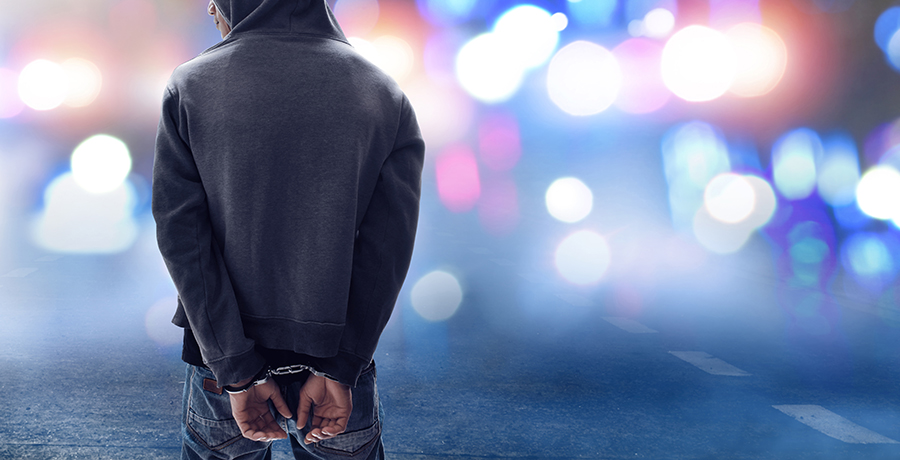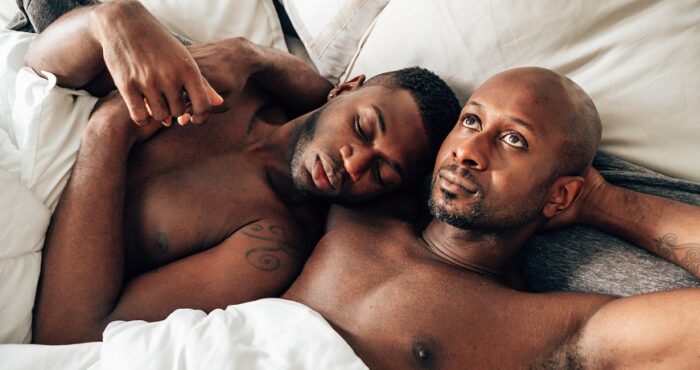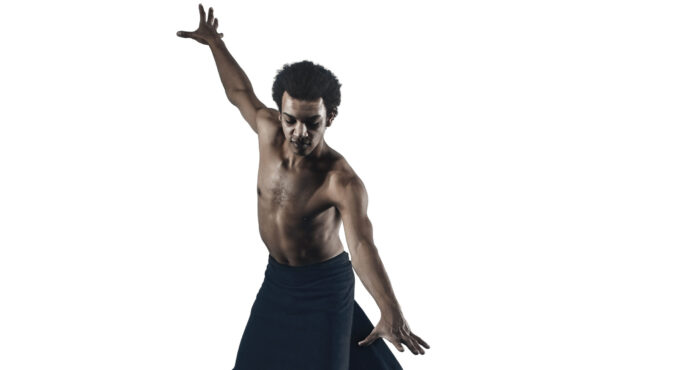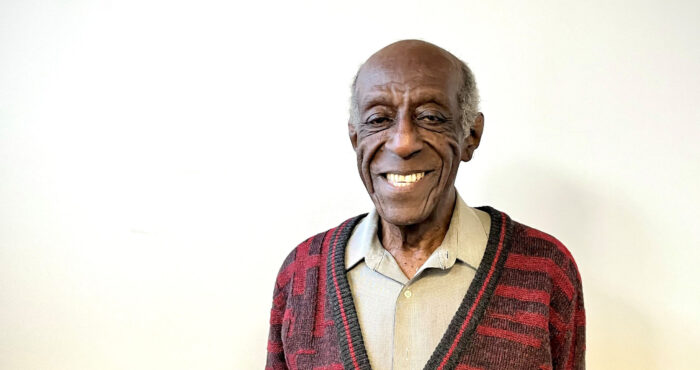Jailing, fining, and policing people using drugs won’t “clean us up.” But it will kill us off.

The following are the words from an HIV & harm reduction activist delivered on June 5, 2023 at an event for HIV Long-Term Survivors Awareness Day. The speaker wished to remain anonymous in the publication of their speech.
There is something truly awe-inspiring and disturbing in the fact that I was born after the 1980s, the crux of another health epidemic, and am now here as a young queer man, decades later. Yet we’re still saying the same thing: even if you believe a lifestyle is immoral, or unethical, that shouldn’t make it a death sentence. Why is this the narrative?
My elders, standing behind me, lived through the 80s and 90s: stigmatization and ripping away of resources in favor of shame and silence becoming the “solution”. Why am I seeing this mirrored today with people who use drugs and overdose? I am continuing to lose my entire chosen family and every death is a policy failure.
I contemplated which perspective to speak from: a harm reduction provider at a local clinic, a member of the neighborhood, or a person whose journey with harm reduction brought them to recovery. But these are all intersectional, intertwined, and unable to be separated from one another. I’ve provided Narcan to folks in this crowd and this city. Reversed overdoses with Narcan on folks in this crowd and this city. Folks in this crowd have used Narcan to reverse overdoses of my own.
We all know that there are many folks out there that have a different solution or take on this health epidemic. A warped idea of justice that requires punitive measures, moving funding and resources from compassionate care that meets people where they are physically, emotionally, and spiritually–towards a punishment-based model. More policing, supporting the prison industrial complex, feeding the mouth of this ongoing drug war.
When we take resources, funding, and support away from harm reduction models, we know what happens. Data tells us, 30 years of a failed drug war tell us, of course, but also the stories of our communities, our families, they tell us. The common thread in the stories of my clients, in my own story: punitive retaliation to substance use and poverty leads to more dangerous substance use–driving it more underground–more violence, more poverty, and ultimately more death.
There is a misconception that “harm reduction is enabling” and somehow “worsens” an individual’s substance use problem. But what I’ve seen: Being swept, jailed, fined, and often policed more violently is what leads to the negative health outcomes we all, no matter on what side of this dichotomizing argument you stand, want our community to avoid. It keeps folks from accessing medical care, housing navigation, counseling, and social support. It keeps people in violent cycles where physical and psychological problems exponentially worsen. It doesn’t get folks off the street, it doesn’t “clean us up.” But it will kill us off.
Harm reduction programs across this city help people, every day, meet their needs, achieve their goals, and not only reverse overdoses (that’s incredible of course but it’s also just the foundation of what we do)–we invest in individuals to avoid overdoses. I see it every day and it’s why I wake up in the morning.
Seeing folks connected to methadone, a case manager, a doctor, housing, and one another. It’s what ultimately got me to my goals. So many of us, that you might not think, wouldn’t be here if it wasn’t for harm reduction. When we say this is a life or death issue, we are living proof.
What I’ve learned about public health both in school and in clinical care is that the individual health outcomes of our community members, our friends, our families, our most marginalized–it comes down to policy and funding streams to a jarring degree. This is why we’re here today: we know harm reduction, safe consumption, and overdose prevention doesn’t only save lives, but it enriches and betters the lives of our community. Connecting folks to a continuum of care, rather than violently policing the already vulnerable.
YOU DO NOT MAKE SUBSTANCE USE GO AWAY BY VIOLENTLY CRIMINALIZING IT, you just make it more unsafe.










